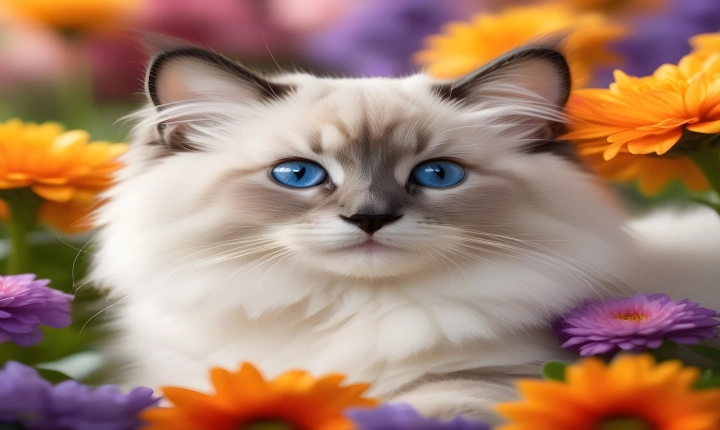Sure, here’s an article on “How to Use OpenAI DALL·E”:
OpenAI DALL·E is a groundbreaking and highly advanced AI model created by OpenAI that is capable of generating images from textual descriptions. This revolutionary technology has the potential to transform the way we think about creating visual content and has practical applications in a wide range of fields, including design, art, advertising, and more. In this article, we will explore how to use OpenAI DALL·E and make the most of its capabilities.
Understanding OpenAI DALL·E
Before we dive into how to use OpenAI DALL·E, it’s essential to understand what it is and how it works. DALL·E is built upon a powerful pre-trained language model that is capable of understanding and processing textual descriptions. It then generates images based on these descriptions, effectively translating text into visual content. This process is made possible through the use of deep learning and generative modeling techniques, resulting in stunning and often surreal images that are created entirely by the AI.
Using OpenAI DALL·E
Now that we have a basic understanding of what OpenAI DALL·E is, let’s explore how to use it. Here are the steps to use OpenAI DALL·E effectively:
1. Accessing the Model: OpenAI DALL·E is currently available as a cloud-based API, which means that you can access it through an API request. OpenAI has provided detailed documentation on how to make API requests and interact with the model, making it accessible to developers and researchers.
2. Providing Textual Descriptions: To generate images using OpenAI DALL·E, you will need to provide textual descriptions of the images you want to create. This can range from simple descriptions like “a green chair with a cat sitting on it” to more complex and creative prompts.
3. Interpreting The Results: Once you have submitted your textual descriptions to OpenAI DALL·E, it will generate images based on your prompts. It’s important to remember that the results may not always align perfectly with your expectations, but they often produce compelling and imaginative visuals that can serve as a starting point for further creative exploration.
Best Practices for Using OpenAI DALL·E
To make the most of OpenAI DALL·E, here are a few best practices to keep in mind:
– Experiment with different prompts: The model’s capabilities are vast, and experimenting with different prompts can yield surprising and exciting results.
– Combine textual descriptions: Try combining multiple textual descriptions to create more complex and nuanced images.
– Iterate and refine: Use the generated images as a starting point and continue to iterate and refine your prompts to achieve the desired results.
– Consider ethical implications: As with any AI technology, it’s crucial to consider the ethical implications of using OpenAI DALL·E, especially when it comes to issues of bias and fairness.
In conclusion, OpenAI DALL·E is an incredibly powerful and innovative tool that has the potential to revolutionize the creation of visual content. By understanding how to use it effectively and embracing best practices, individuals and organizations can leverage its capabilities to explore new creative frontiers and push the boundaries of what is possible in the world of visual content creation.
